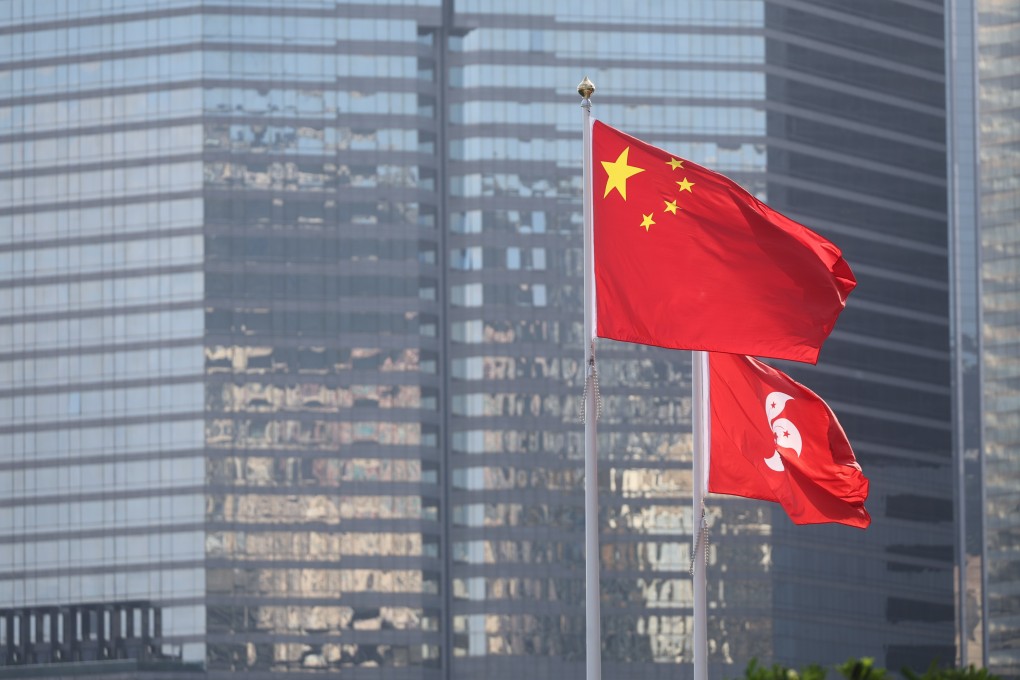Foreign chambers in Hong Kong take wait-and-see approach to new security law while local groups expect business as usual
- Many foreign enterprises already felt safe and legally protected in Hong Kong, says German Chamber of Commerce president
- Hong Kong Association of Banks says law will allow the city to focus on economic and developmental priorities

Local business groups, meanwhile, said they believed the legislation would not affect normal transactions, with one hoping the government could offer preferential policies to attract trade, as they feared possible sanctions from the United States might affect market sentiment.
The varied responses emerged a day after lawmakers unanimously passed the Safeguarding National Security Ordinance on Tuesday. The legislation, a requirement under Article 23 of the city’s mini-constitution, is set to take effect on Saturday. It will complement the national security law imposed by Beijing in 2020.
Both Beijing and local authorities have consistently sought to reassure the sector that the new legislation will not disrupt the normal operations of foreign enterprises, but rather it aims to create a secure business environment.
Johannes Hack, president of the city’s German Chamber of Commerce, said on Wednesday that many foreign enterprises already felt safe and legally protected in Hong Kong, and that reassurance would come from how the legislation was used.
“If there are no prosecutions, actual or pondered, involving businesses’ exchanges with their various stakeholders, that will provide reassurance,” Hack said, adding that “the proof of the pudding is in the eating”.
He said that if there were any prosecutions, businesses and chambers would review them to see how applicable they were to their own dealings.